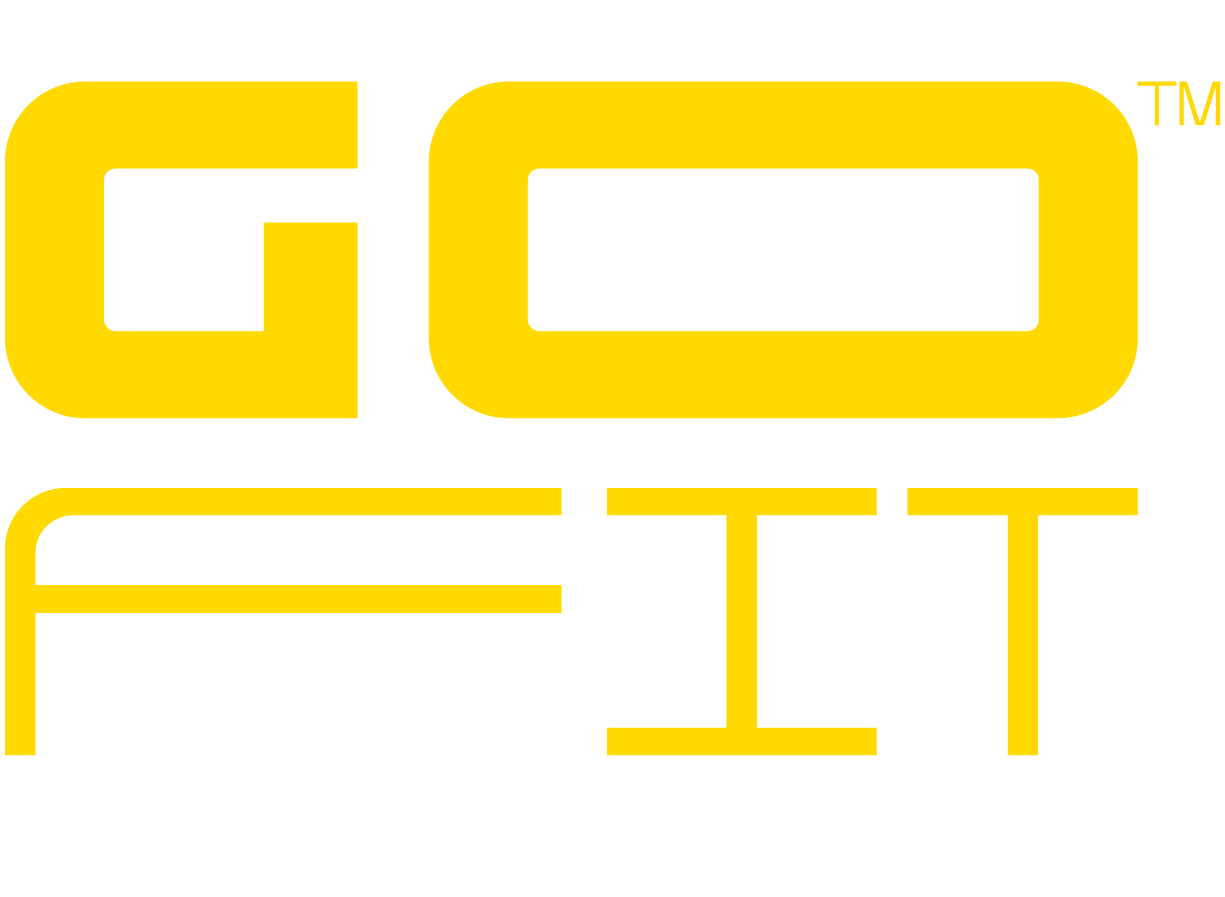Feeling sore after a workout is normal, especially if you’ve pushed your limits or tried something new. But should you power through and workout when sore or take a rest day? Knowing when to exercise and when to rest is key to recovery and preventing injury. Here’s how to tell what your body needs.
What Causes Muscle Soreness?
Muscle soreness, or DOMS (Delayed Onset Muscle Soreness), typically kicks in 24-48 hours after a tough workout. It happens when tiny tears in your muscle fibers begin to heal, causing stiffness, tightness, and sometimes discomfort.

When It’s OK to Work Out While Sore
- Mild to Moderate Soreness: If your soreness is mild and you’re not experiencing sharp pain, it’s generally safe to keep working out. Light activity can actually increase blood flow and help alleviate soreness faster.
- Active Recovery Days: Instead of an intense session, opt for lighter activities like walking, swimming, or yoga to keep your body moving without overstraining sore muscles.
Read also: The Importance of Rest and Recover Days
Best Exercises for Active Recovery:
- Gentle cardio: Walking, cycling, or swimming.
- Mobility work: Stretching and foam rolling to relieve tight muscles.
- Yoga: A low-impact way to stay active while stretching out sore areas.

Cardio equipment at GoFit iCity, Kuala Lumpur
When You Should Rest
- Severe or Sharp Pain: If you feel severe muscle pain or sharp, stabbing sensations, it’s a red flag. This could indicate an injury, and it’s best to rest and seek medical advice if necessary.
- Extremely Fatigued Muscles: If your muscles feel completely drained, stiff, or you’re struggling with mobility, your body likely needs more time to recover.
- Lack of Sleep or Energy: If you’re feeling unusually fatigued, sluggish, or haven’t been sleeping well, it’s a good idea to rest and recharge.
How to Speed Up Recovery
- Hydration: Drink plenty of water to help flush out toxins and support muscle repair.
- Proper Nutrition: Eat protein-rich foods to aid in muscle recovery.
- Sleep: Aim for 7-9 hours of sleep per night to allow your body to fully recover.
- Stretching & Foam Rolling: Gentle stretching and foam rolling can improve circulation and reduce soreness.
Final Thoughts
It’s okay to work out when you’re mildly sore, as long as you listen to your body. However, if you experience severe pain or extreme fatigue, take a rest day. Recovery is just as important as your workouts, and taking time off can help you come back stronger.
At GoFit, we prioritise balanced training, including rest and recovery, to help you reach your goals safely. Ready for expert guidance? Join us today and let us help you create a plan that works for your body!







